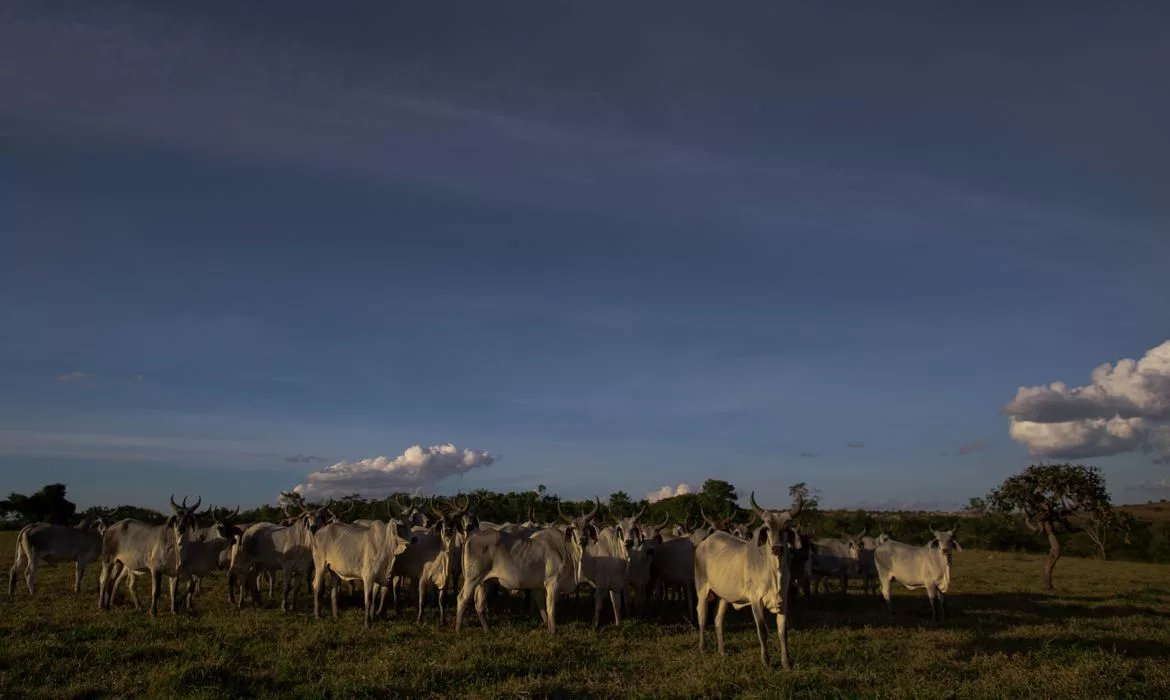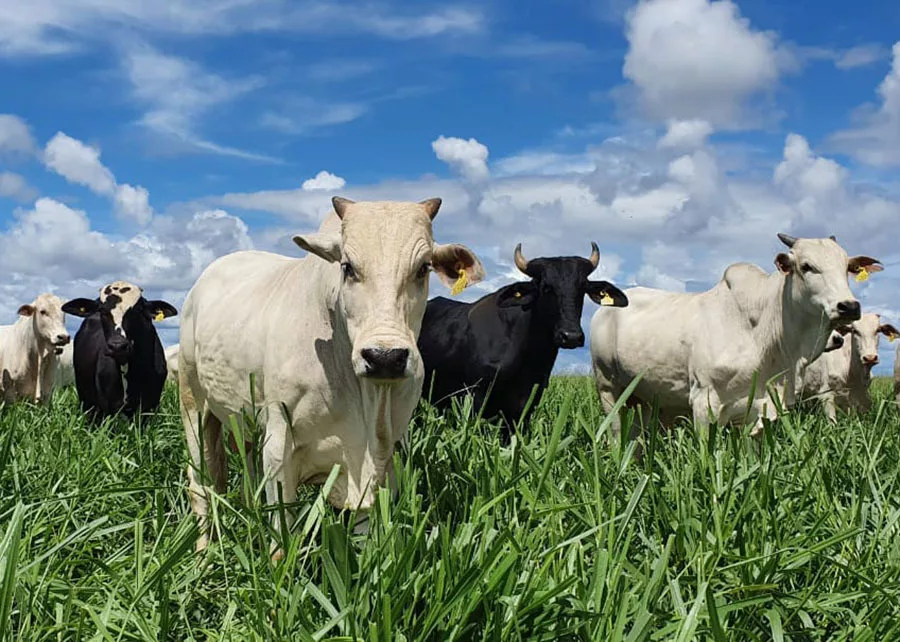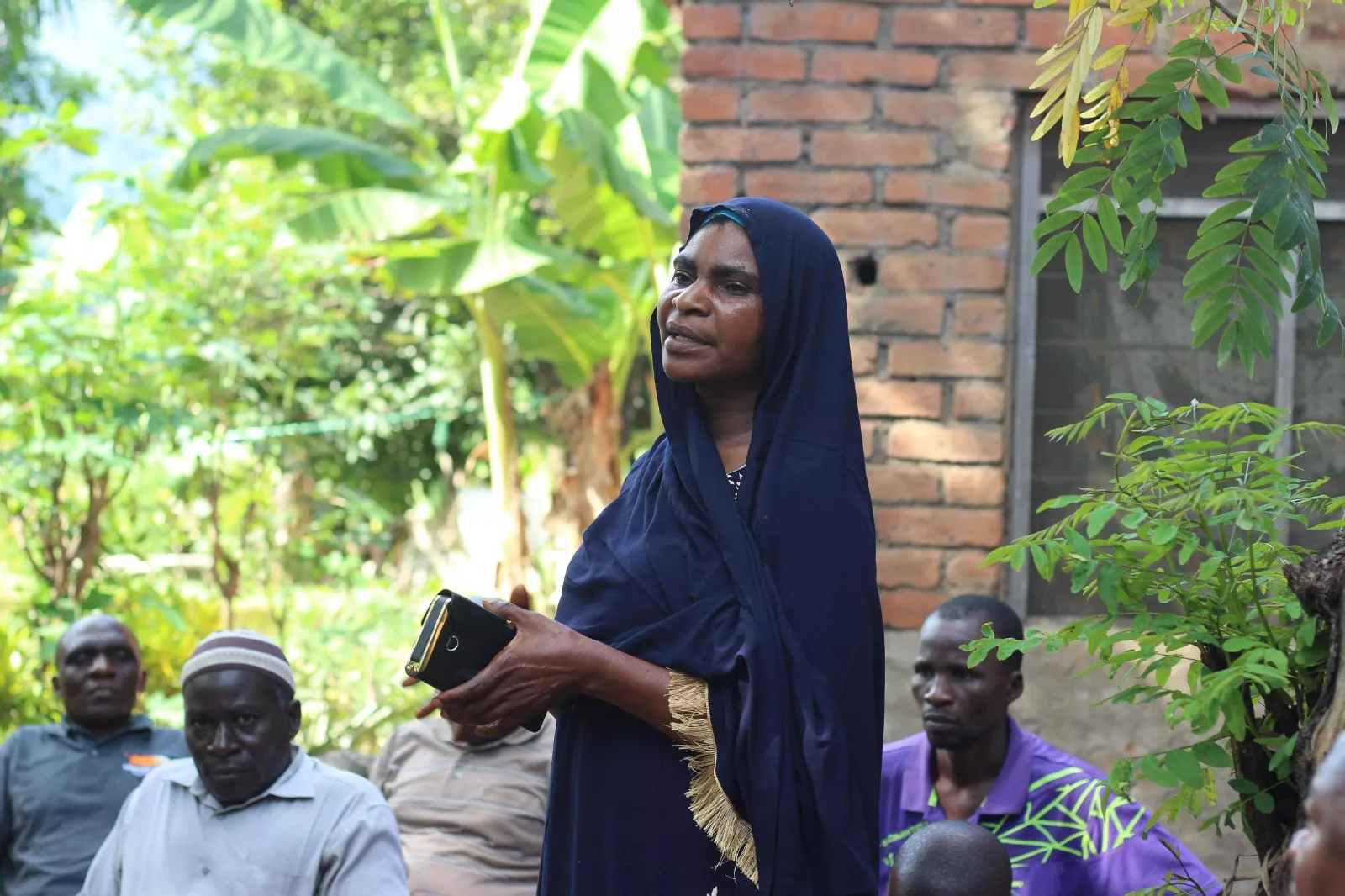
The Sectorial Plan for Adaptation to Climate Change and Low Carbon Emissions in Agriculture (ABC+ Plan) will come into effect as of September 1st for the period 2020-2030.
The ordinance that details the sectoral policy – created to reduce carbon emissions by the Brazilian agricultural sector through incentives and incentives to environmental technologies – was published in the Official Gazette of the Union today (11) by the Ministry of Agriculture, Livestock and Supply (Mapa).
According to the ministry, the ABC+ plan aims to “promote adaptation to climate change and control greenhouse gas (GHG) emissions in Brazilian agriculture, with increased efficiency and resilience of production systems, considering an integrated management of rural landscape”.
Carbon sequestration
Among the goals projected until the year 2030 is to expand, by 30 million hectares, the areas destined to the adoption of practices for the recovery of degraded pastures; in 12.58 million hectares the areas dedicated to the adoption of no-tillage systems; and in 10.10 million hectares the areas with the adoption of integration systems.
The government also foresees the expansion, in four million hectares, of the area to be destined to the adoption of planted forests; in 13 million hectares the area with the adoption of bio-inputs; in three million hectares, the region with the adoption of irrigated systems; in 208.40 million cubic meters the adoption of animal production waste management; and five million cattle in intensive finishing.
By “stimulating the adoption of sustainable production systems, practices, products and processes”, the ABC+ plan aims to reduce vulnerabilities and increase the resilience of agricultural production systems, conserving natural resources and increasing biodiversity and climate stability in production systems.


![24 Dec. 2023- Shirqat – Iraq – Ahmed Turki Naif, One of the beneficiaries of the training courses on modern agricultural methods in Shirqat is married and a father of two daughters, benefited from the project by adopting pivot sprinklers and drip farming after benefiting from the training course. his fealed work is growing barley, […] 24 Dec. 2023- Shirqat – Iraq – Ahmed Turki Naif, One of the beneficiaries of the training courses on modern agricultural methods in Shirqat is married and a father of two daughters, benefited from the project by adopting pivot sprinklers and drip farming after benefiting from the training course. his fealed work is growing barley, […]](https://planetacampo.canalrural.com.br/wp-content/uploads/sites/9/2025/02/undp_iq_dsc06266-scaled-1.webp)



